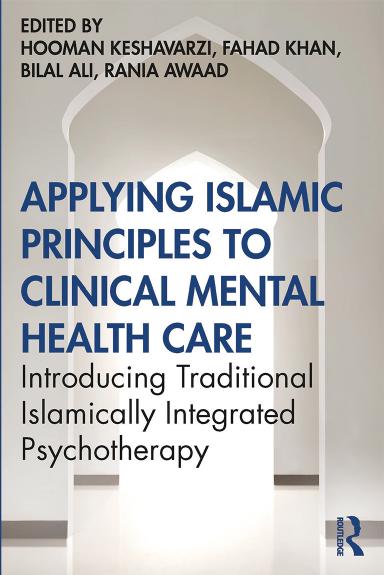

Most ebook files are in PDF format, so you can easily read them using various software such as Foxit Reader or directly on the Google Chrome browser.
Some ebook files are released by publishers in other formats such as .awz, .mobi, .epub, .fb2, etc. You may need to install specific software to read these formats on mobile/PC, such as Calibre.
Please read the tutorial at this link: https://ebookbell.com/faq
We offer FREE conversion to the popular formats you request; however, this may take some time. Therefore, right after payment, please email us, and we will try to provide the service as quickly as possible.
For some exceptional file formats or broken links (if any), please refrain from opening any disputes. Instead, email us first, and we will try to assist within a maximum of 6 hours.
EbookBell Team

4.4
102 reviewsThis text outlines for the first time a structured articulation of an emerging Islamic orientation to psychotherapy, a framework presented and known as Traditional Islamically Integrated Psychotherapy (TIIP).
TIIP is an integrative model of mental health care that is grounded in the core principles of Islam while drawing upon empirical truths in psychology. The book introduces the basic foundations of TIIP, then delves into the writings of early Islamic scholars to provide a richer understanding of the Islamic intellectual heritage as it pertains to human psychology and mental health. Beyond theory, the book provides readers with practical interventional skills illustrated with case studies as well as techniques drawn inherently from the Islamic tradition. A methodology of case formulation is provided that allows for effective treatment planning and translation into therapeutic application. Throughout its chapters, the book situates TIIP within an Islamic epistemological and ontological framework, providing a discussion of the nature and composition of the human psyche, its drives, health, pathology, mechanisms of psychological change, and principles of healing.
Mental health practitioners who treat Muslim patients, Muslim clinicians, students of the behavioral sciences and related disciplines, and anyone with an interest in spiritually oriented psychotherapies will greatly benefit from this illustrative and practical text.
**